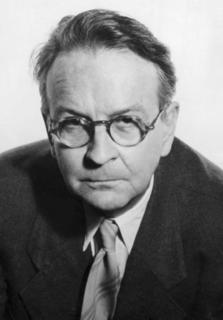 Detectives Beyond Borders' Peter Rozovsky is reading Raymond Chandler's Farewell, My Lovely and praising the writer's use of figurative language. He asks, "Is surprise the key to vivid description and successful metaphor?"
Detectives Beyond Borders' Peter Rozovsky is reading Raymond Chandler's Farewell, My Lovely and praising the writer's use of figurative language. He asks, "Is surprise the key to vivid description and successful metaphor?"Chandler is often called one of crime fiction's most "poetic" writers, so the question can be asked, "Is surprise the key to description and metaphor in poetry?"
I don't believe it is. As often as not, extended metaphor and quirky description can distract readers from the image a poet means to present. I think it's more important to deliver a clear picture than one that is surprising or unnecessarily embroidered. There are times when metaphors make us think, "Yes, that's exactly how it should be described," not "Wow, I never would have thought of that."
It's easy to get carried away with figurative language. It should be controlled to lead readers to the intended mental image, not used simply for style or surprise. Some of Chandler's metaphors and similes are great, but their overall impact is diluted by how often he used them.
He may not have made the same metaphor twice, but his frequent use of the technique made it less original over time, such that even writers who surprise with metaphor today are said to be copying Chandler.
Figurative language is a dramatic tool. Good drama doesn't rely on it to the extent Chandler made it seem.
2 comments:
When Chandler's descriptions, using similes or not, were on, they were on, as in the "white explosions" example from the Farewell, My Lovely. But one danger of focusing on the similes is that doing so may divert attention from other, less easily imitated aspects of his writing. For example, I enjoy the self-conscious opening to The Big Sleep, a straightforward piece of description that lets the reader in on the joke.
==============
Detectives Beyond Borders
"Because Murder Is More Fun Away From Home"
http://www.detectivesbeyondborders.blogspot.com/
I agree Chandler's legacy is more than zinging similes and metaphors, but his reliance on them may be what distracts readers from his subtler gifts.
Post a Comment